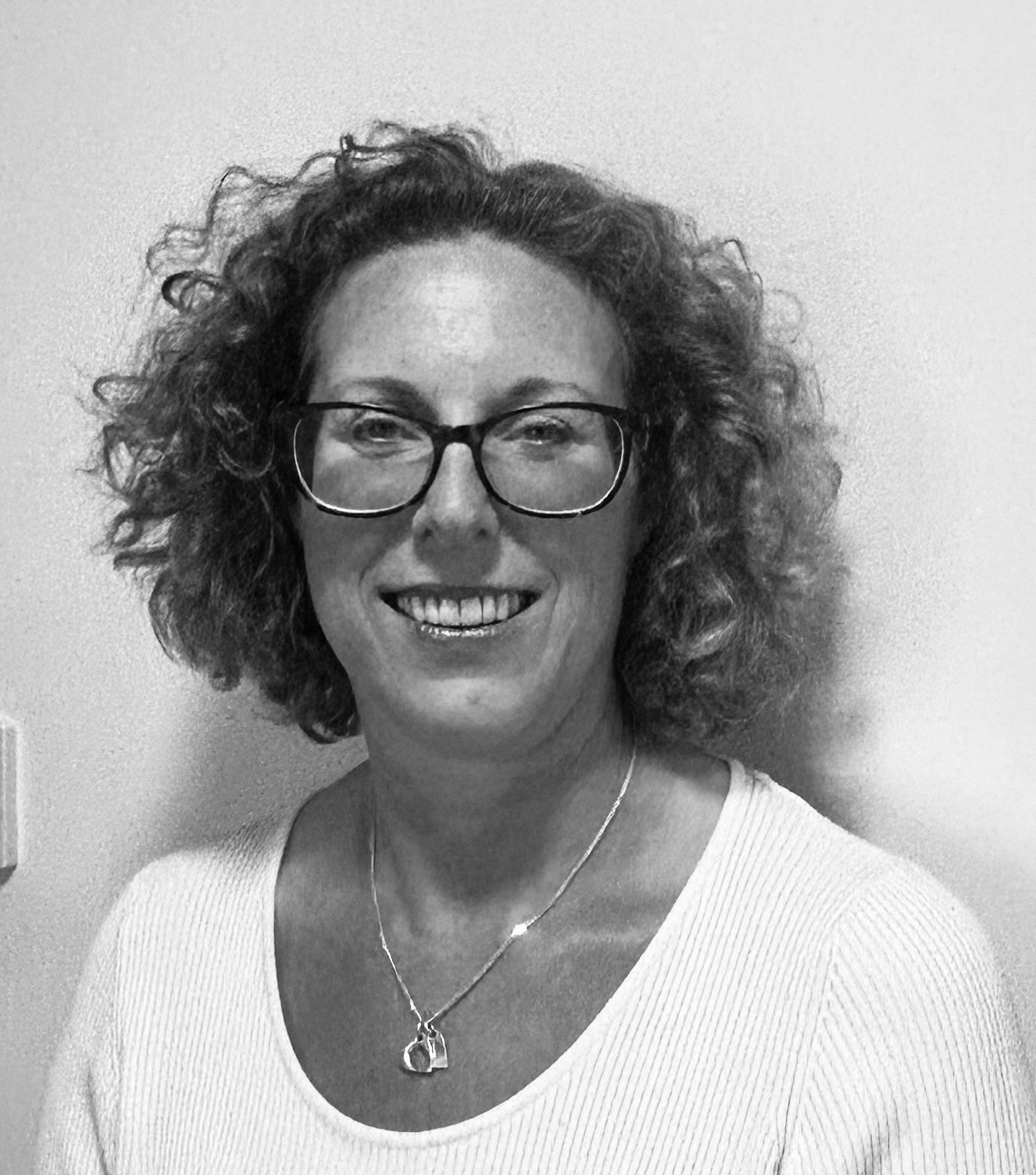Why First Aid at work should be about more than just physical ailments
Posted: 22nd September 2022

Eve Farraud BEM
Executive Assistant
Most of us are familiar with basic first aid approaches to manage medical situations, or perhaps have even attended a first aid course for work, as I have in my role as first aider for CIC.
But did you know you can now take a special type of first aid course specifically focused on mental health and well-being? Training to learn how to better handle mental health concerns and crisis, not only just within your business either.
I had heard about “Mental Health First Aid” some time ago, so I was very excited when recently was able to attend their two-day courses. I found the course thoroughly enlightening and I believe we should all become more familiar with mental health first aid. Our physical and mental health needs to go hand in hand, especially given the saddening statistics in our industry when it comes to suicide rates.
Mental Health First Aid is defined as the help offered to a person developing a mental health problem or experiencing a mental health crisis. The first aid is given until appropriate treatment and support are received or until the crisis resolves. The course is open to anyone; no prior mental health training is required.
The course began with a very useful overview of several reasons why this approach is needed:
- Mental health problems are very common (1 in 4 people experience poor mental health each year)
- Stigma about mental health conditions remains widespread.
- Many people are not well informed about mental health issues.
- Professional help is not always on hand.
- Most people don’t know how to respond to mental health concerns.
- Many people with mental health problems don’t seek help.
The course included a thorough overview on a variety of mental disorders, and reviewed the major symptoms associated with depression, anxiety, psychosis, eating disorders. Common suicide risk factors and features associated with non-suicidal self-injury were also reviewed.
Other important topics in the course included the negative effects of stigma, the concept of recovery, common myths and misperceptions about mental illness, and various treatment interventions. All of the course information plus a vast array of websites, books and other resources was provided in a comprehensive manual for future reference. The certified first aider will also have access to the MHFAider Support App on their mobile phone which provides a gateway to resources and signposting options to help you in your role as a MHFAider.
With no prior knowledge around mental health conditions and issues, I found the course material to be very current and informative. I felt the information was presented at an appropriate introductory level, but with sufficient detail to give a very thorough picture of each condition.
Being a mental health first aider is not about providing a diagnosis or therapy. It is to offer help and “support” someone experiencing poor mental health before they seek or encouraging them to seek professional help.
By the end of the two days I realised that its OK not to have all the answers and being a mental health first aider you won’t be able to solve all of the problems or act as a counsellor, but knowing that support is there, perhaps where they least expect it might offer a beacon of hope for someone who is struggling. After completing the course, I feel more confident to approach someone who is having some mental health issues, and I hope that it could lead to them gaining some professional help.
Mental Health First Aid is a very worthwhile programme to increase awareness about mental health conditions and to provide a framework for action when faced with a potential or actual mental health crisis at work.
For further information on Mental Health First Aid https://mhfaengland.org/

Eve Farraud BEM
Executive Assistant
Eve joined the CIC in 1998 and is the Council’s Executive Assistant. Her responsibilities include supporting the Chief Executive and, in particular, being the front line manager of the Council’s relationships with its members; providing operational management for the CIC HQ including line management of the IT, administrative, Secretariat and HR functions; and overseeing the company and governance requirements, including management of the arrangements for Council and Board meetings. Eve was awarded the British Empire Medal (BEM) in the New Year Honours' List 2014 for services to the construction industry.
Please note Eve's working days are Monday to Thursday.
Share this story:
Contact us:
Telephone: 020 7399 7400
Email: enquiries@cic.org.uk
Read more:
- In Search of Specialists and Integrationists
- Joining the dots: A single EDI portal for the sector
- Why inclusion in the Built Environment is more important than ever
- What 2050 Looks Like for Built Environment Graduates?
- Government has moved things on for the built environment, now it needs to move things *up*
